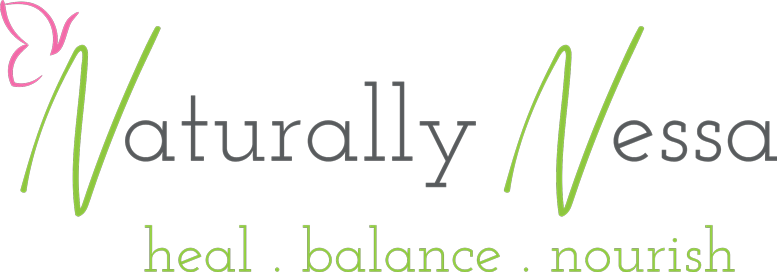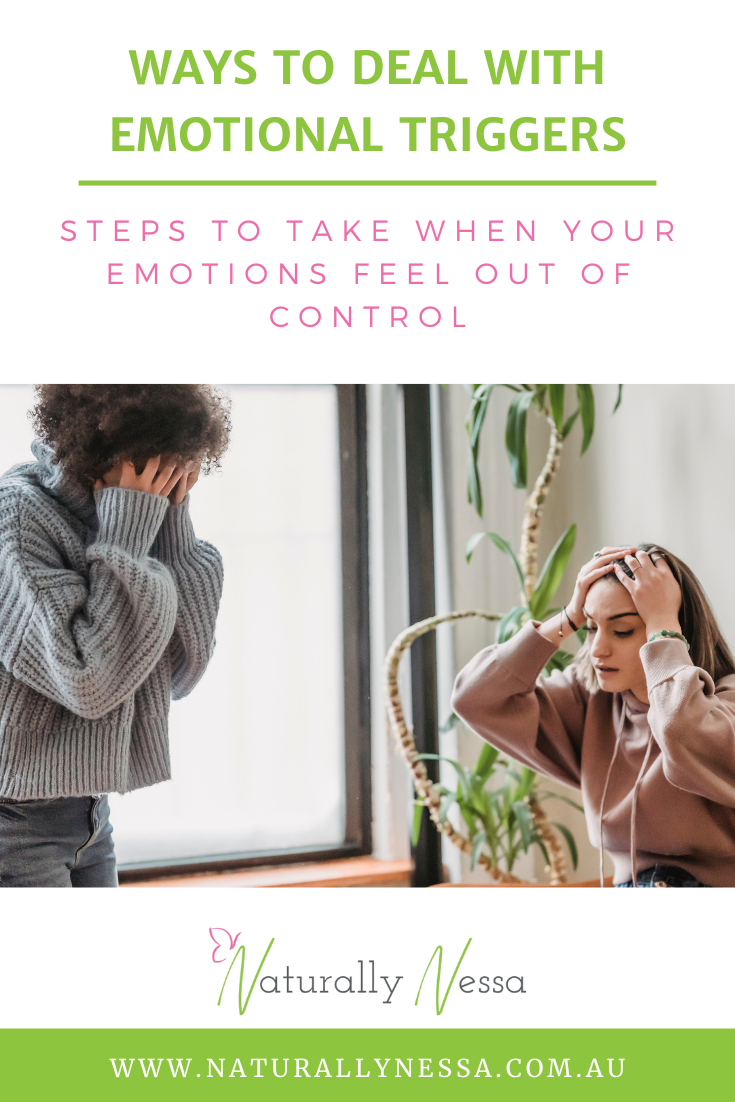How To Recognise And Deal With Emotional Triggers
Life is filled with challenges and triggers, but understanding how to deal with them, as well as why they set you off in the first place is the key to being able to calm them when our emotions are seemingly uncontrollable.
Recently an opportunity presented itself that had my heart racing and had me feeling like the hulk was wanting to escape from deep inside me, yet normally I feel I am a calm, reasonable caring woman and very aware of my emotions.
I felt like I wanted to bite this person's head off, which is most definitely not like me.
If there’s one thing I’ve learnt throughout my years of healing it’s that at that very moment, my emotions were being led by my inner child. This reaction led me to later that day dive deeper into the emotions underneath the surface to understand why I felt this way.
Unfortunately in many cases, we don’t take the time to understand why we are reacting, we just react and the other person is left to pick up the pieces while feeling awfully confused.
None of us are perfect and if you find yourself in this situation and your emotions get the better of you, please take the time to own your emotions and express your apologies and help the other person to understand what you believe set you off. This way you both have a better understanding of each other moving forward.
By becoming conscious of your reactions, you’re less likely to become defensive or to deny them. Therefore in the future, you’ll be able to successfully cope with triggers that provoke certain intense reactions from you. This will reduce your risk of sabotaging your relationships by issuing ultimatums, withdrawing, threatening to leave, and possibly much worse.
UNDERSTANDING YOUR TRIGGERS
Do certain topics or situations evoke uncontrollable emotions in you? Emotional triggers can hit us all of a sudden and make us behave in extreme ways. However, there are some ways to spot emotional triggers before you start feeling uncomfortable.
An emotional trigger is simply something or some event that causes you to experience an emotional disturbance, such as fear, envy, anger, frustration, self-doubt, and so on.
Gaining awareness of triggers is the first step to handling them effectively. It’s vital to learn to understand your emotional triggers because if you’re not aware of them (let alone how to cope with them), your life will be a lot more turbulent than it has to be. For instance, an unidentified trigger in a relationship can lead to arguments that result in unnecessary suffering for everyone involved.
You need to identify your triggers upfront and have a plan in place for dealing with them so you can become emotionally stable and start responding rather than reacting to situations that come up in your daily life.
When you react, you allow the emotions inside of you to guide you. Because of this, you’re more likely to yell, shut down, send nasty texts, etc. On the other hand, if you can wait until you’ve properly assessed the situation before taking any action – that’s responding.
First, you have to learn how to identify the emotional triggers. Some examples of a trigger response may include:
Heart racing
Chills
Trembling
Sweating
Discomfort
Sleep Deprivation
This can be in response to things like being asked to do things you don’t want to do or having somebody else control your time. Situations may differ, but the triggers generally stay the same. It’s vital that you learn how to identify any of your emotional triggers so you can start dealing with them the right way.
WAYS TO DEAL WITH EMOTIONAL TRIGGERS
Our external environment is completely reliant on other people and the places we go. So becoming aware of what situations make you uncomfortable is crucial to recognising when we need to be more conscious of our emotions.
These factors are worth noting so you can either remove yourself from the situation or begin adapting to certain situations so the triggers are less likely to spark your emotions.
Listed below are a few effective means of dealing with emotional triggers that you can use when you notice your emotions starting to take control.
Remove yourself from the situation for a moment and take a few deep breaths.
We don’t put enough recognition into our breath. By simply drawing our breath back into a place of calm, we can slow down our breathing and restore our natural state before returning to the situation. This is the most effective way to rebalance your emotions.
Encourage yourself to centre your emotions back into their internal environment instead of externally allowing them to run rampant.
By centering your emotions you invite your breath to soften your emotions and draw them back to a place of feeling held, supported and understood. Even without uncovering why you feel this way, you start to feel soothed and more in control.
Once you have regained your composure, explain that it’s probably best to come back to that discussion or situation at a later date.
This gives you the opportunity to sit with the emotion you felt from your reaction and try to understand when you first felt this emotion. For many of us, our triggers stem from our childhood when our emotions weren’t fully developed and we were more susceptible to external influences.
However, emotional triggers aren’t only formed in our adolescence, they are created when our body has been shocked to such a degree that our nervous system has needed to take control during a fight or flight response.
UNVEILING THE INTERNAL CHATTER VERSUS BLAMING THE EXTERNAL ENVIRONMENTS
What are your thoughts and feelings during the moment you experience an emotional trigger?
What’s going on in your mind regarding the person or situation?
The thoughts you’re thinking at the moment you’re being triggered have a great influence on how you behave next.
Are you reverting back to the way you reacted when your parents punished you as a child?
Or perhaps you’ve already switched off and you're just hearing blah, blah, blah.
Triggers can send us hurtling back in time.
They can send us back to moments in our past that were hurtful and upsetting, dragging out old insecurities and leaving us feeling like we did all those years ago.
Understanding that you may be reacting from this place, helps you to realise that perhaps the person standing in front of you now, isn’t deserving of the emotions and reaction you’re feeling.
Becoming aware of your negative thoughts can help you begin to become aware of your negative behaviour and alter the way you respond to certain situations.
Just like your external environment, your internal environment (such as the state of your thoughts and emotions) can majorly influence your feelings and actions.
After becoming more aware of yourself and the situations around you, coping can still be hard.
It’s important to remember that you are in the process of rebuilding the way you react and respond.
New habits take time and consistency.
Practice with smaller triggers first, in an environment where you feel safe.
Play to your emotional strengths and utilise the things you have learnt about yourself.
The more you sit with the uncomfortable, the more your innate wisdom will be revealed.
As you slowly implement these steps to understanding and rewiring your beliefs and emotions, you’ll be surprised by how much more conscious you are when faced with bigger challenges.
If understanding your triggers and the emotions behind them are something you would like to develop, book your free SOUL CHAT here to open your heart to your next chapter of understanding.
PIN FOR LATER:


